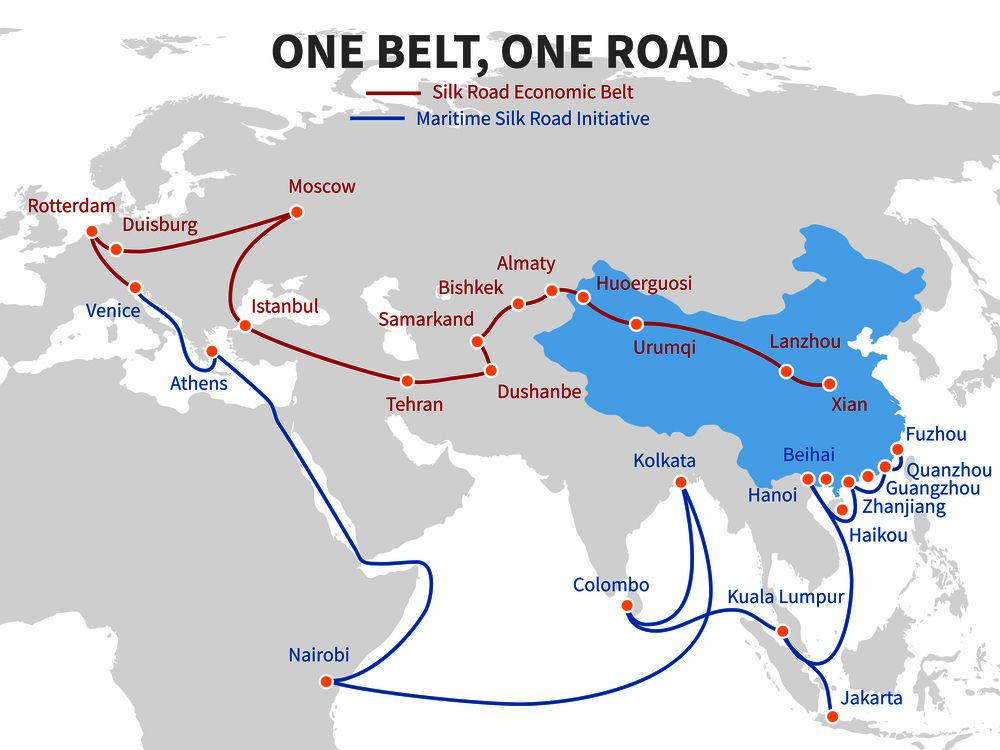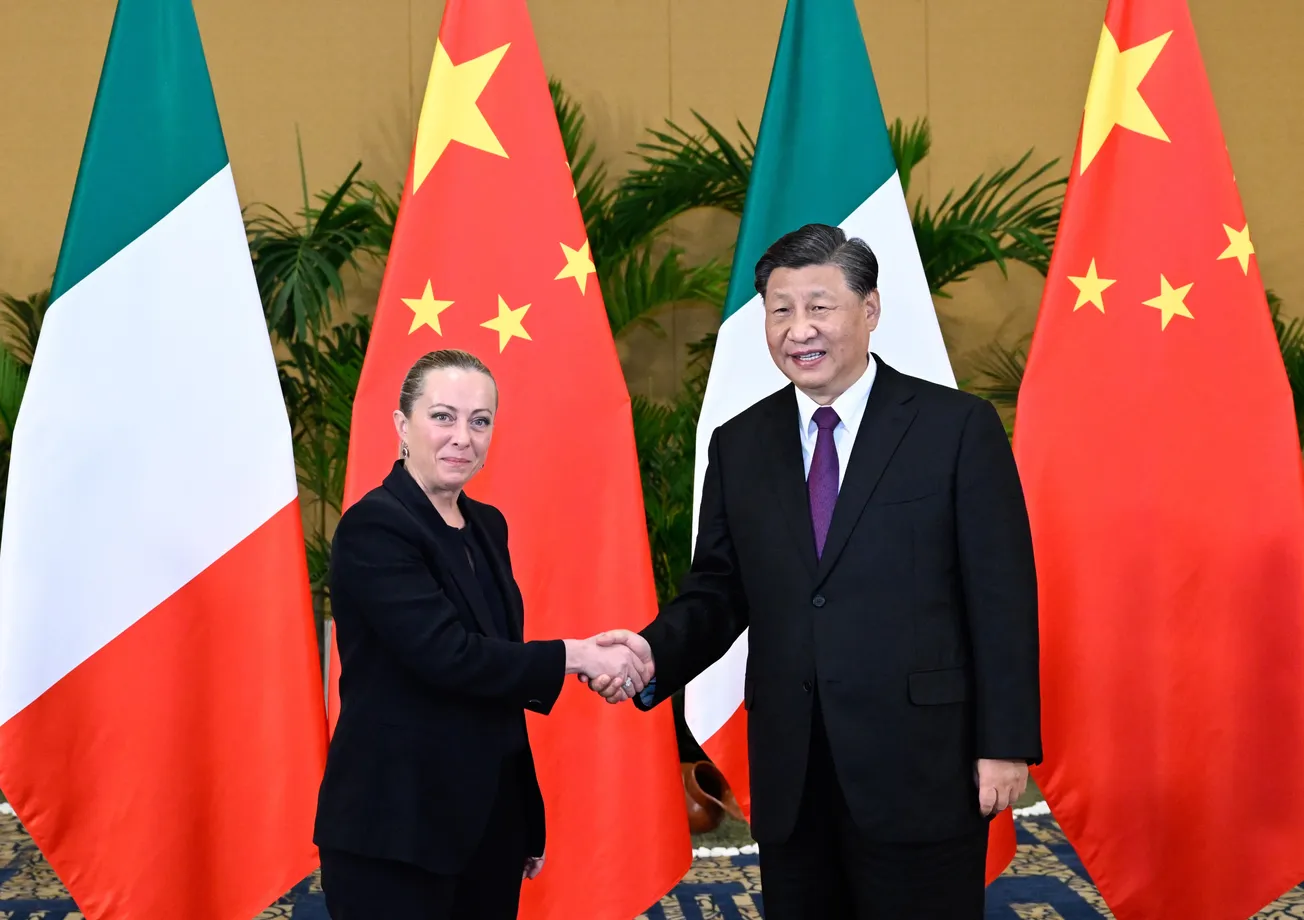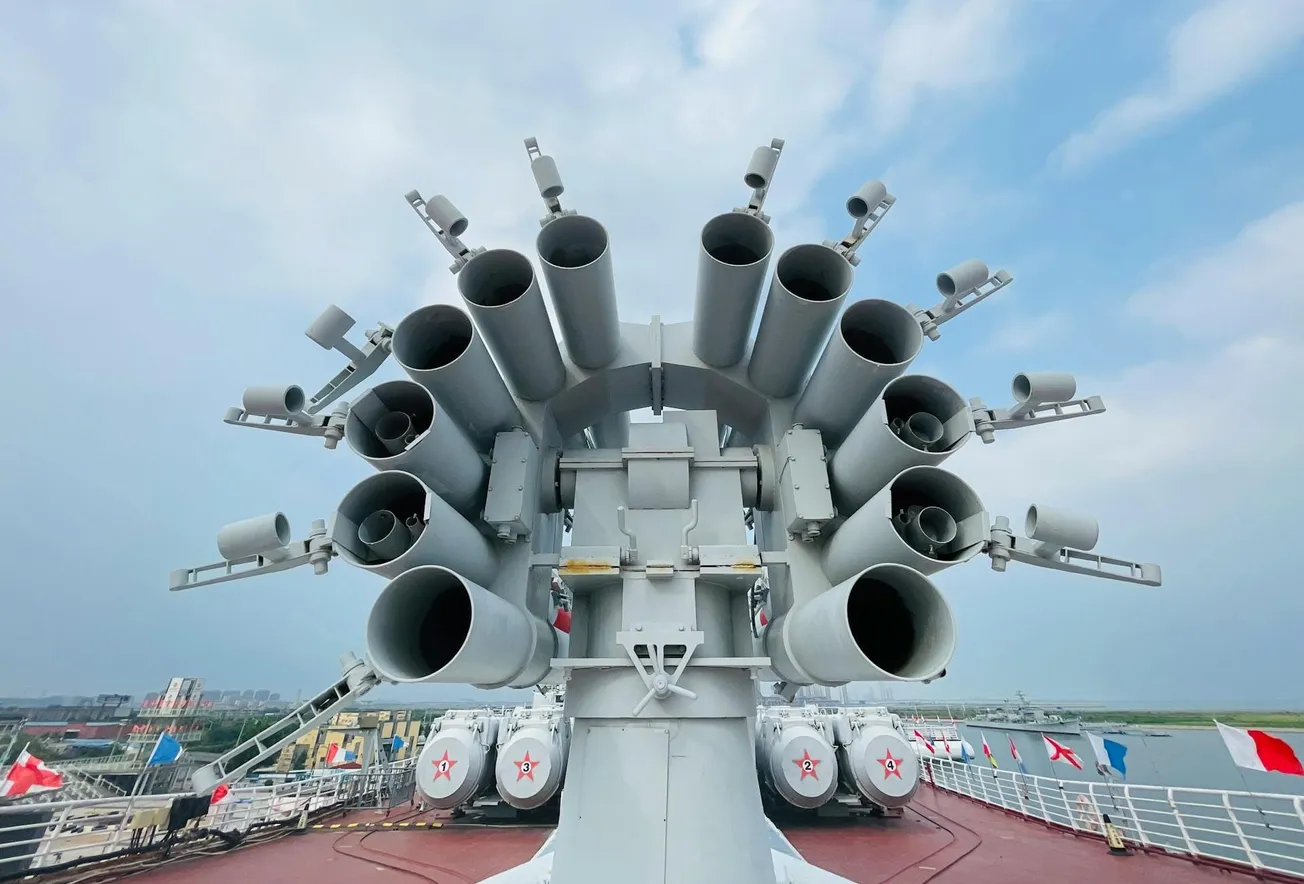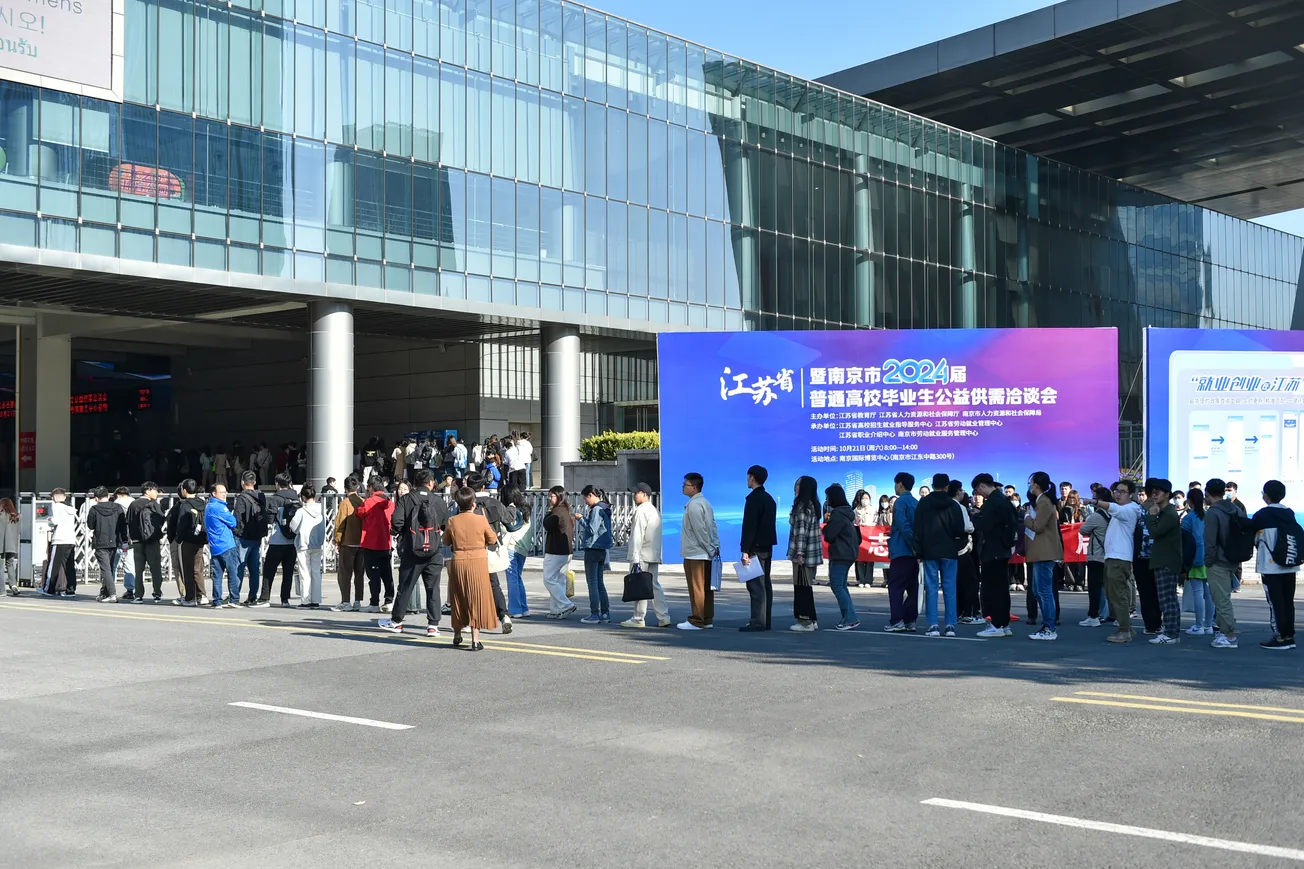Beijing reacted strongly to Italian Defense Minister Guido Crosetto's remarks about his country's association with President Xi Jinping's colossal BRI project. "The decision to join the (new) Silk Road was an improvised and atrocious act," said Mr. Crosetto to the Corriere della Sera newspaper.
The Belt and Road Initiative (BRI) is an ambitious global infrastructure network funded and built by China. It was meant to link Asia with Europe, Africa, and Latin America through a series of ports, pipelines, railroads, and roads. With a ballpark estimate of $1 trillion, the mega-project was meant to facilitate trade and ease travel.

China has retorted that the infrastructure network is being "politicized" in a misguided attempt to "disrupt cooperation and create division." Beijing can ill afford to lose the only G7 nation to sign on for the BRI touted as President Xi's brainchild.
But, the minister's comments have made it clear that Rome is rethinking its 2019 decision, although it has signed around 29 deals estimated to be worth $2.8 billion. "The issue today is: how to walk back (from the BRI) without damaging relations (with Beijing). Because it is true that China is a competitor, but it is also a partner," said Mr. Crosetto.
Italian Prime Minister Giorgia Meloni indicated that her country will decide by the end of the year, well before the deal expires in March 2024. It will be interesting to see if and what sops Beijing will offer Rome to keep Italy in the fold.
The BRI is becoming another victim of global governments' efforts to reduce their economic dependence on China. Beijing's handling of the Covid-19 pandemic, which originated in the country, ongoing trade spats with Washington, and ambivalence towards the Russian invasion of Ukraine have all made countries wary.
Washington has dubbed China a "strategic competitor." Since 2019, the EU has viewed China as a "systemic rival" and not merely a trade partner. Rome has realized that BRI has increased the import of Chinese goods but has yet to bump up exports to the country.
Increasingly BRI is seen as a vehicle to expand Chinese influence and raise fiscal and trade dependence. Beijing has flexed its muscle with BRI signatories, especially in the case of Taiwan. China took exception to Lithuania for allowing Taipei to open a local office and cut imports by 80%. Earlier, Beijing tried to stop a Czech senator from visiting Taiwan officially.
Beijing is well aware that BRI is losing its luster. At the 2019 BRI forum, the Chinese President said a "debt-sustainability framework" will be introduced for Belt and Road projects. He added that China will promote compliance with international standards in infrastructure contracting. Beijing has been willing to renegotiate debt and accept some losses in a few countries where BRI projects have been delayed or stalled.
The West has often criticized BRI as a machinery of "debt-trap diplomacy." Overspending and misallocation of resources in countries struggling to modernize their infrastructure have often had disastrous consequences. Inflation, rising borrowing costs, and sluggish economic growth deter mammoth spending projects.
With Italy rethinking its association with BRI, it is clear that others in the EU are unlikely even to consider joining China's global initiative. President Xi's signature economic diplomacy initiative may have lost all its steam.
Like our insights? Show your support by becoming a paid subscriber!









